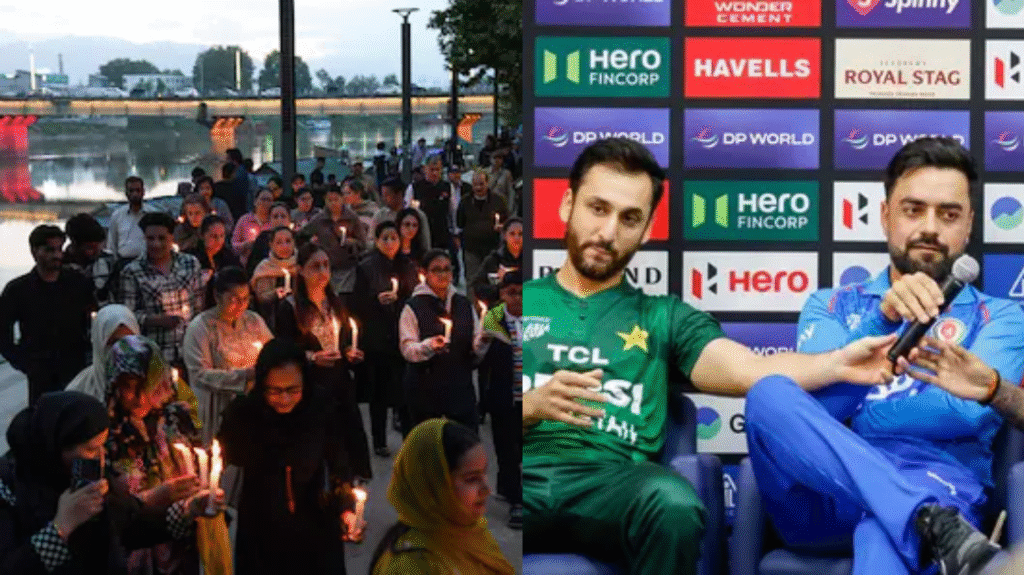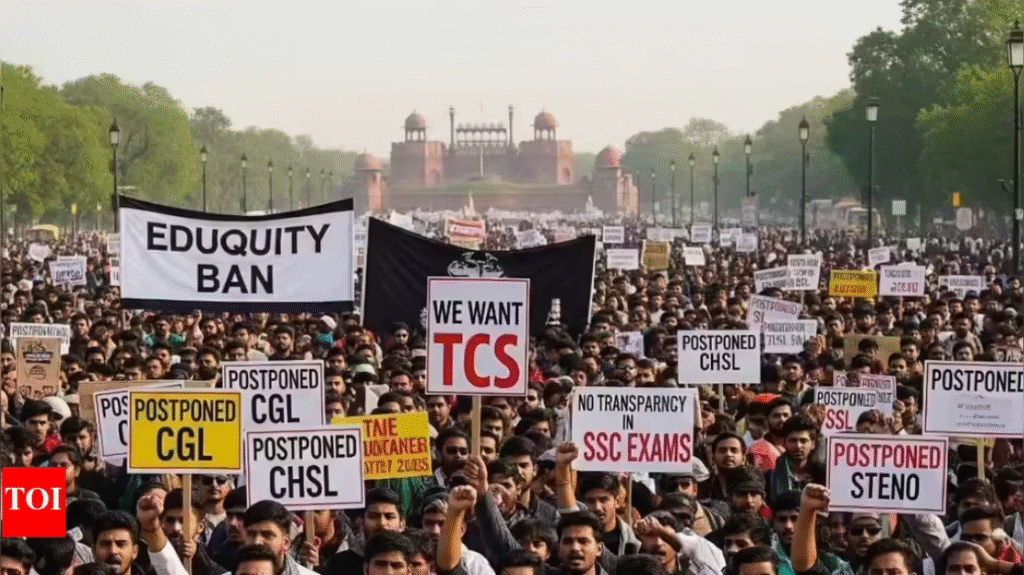The upcoming India vs Pakistan match in Asia Cup 2025 has become more than a cricket clash—it’s a legal and moral battleground. After the Pahalgam terror attack in April 2025, many Indians questioned whether it was appropriate for India to play Pakistan so soon. Public interest litigations (PILs) were filed, protests called, and courts approached to cancel or restrain the match. This article examines the legal case, judgments, objections, and the arguments on both sides surrounding India vs Pakistan match.
Background: What Triggered the Controversy
- On April 22, 2025, a terror attack in Pahalgam left 26 people dead. Many believe this heightened the sensitivities around any sporting event involving Pakistan.
- Operation Sindoor, cross-border tensions, and repeated terror incidents further inflamed public sentiment.
- The Board of Control for Cricket in India (BCCI), India’s cricket board, argued that India participates in multilateral tournaments per policy and international obligations, and that a match in Asia Cup falls under such obligations. Bilateral series with Pakistan remain restricted under government policy.
The Case: PIL in the Supreme Court
- A Public Interest Litigation (PIL) was filed by four law students (led by Ms. Urvashi Jain) invoking Article 32 of the Constitution.
- The petitioners argued that playing the match would be “insensitive” after the Pahalgam attack and would insult national dignity. They claimed it hurts sentiments of victims and their families.
- They also referenced the newly passed National Sports Governance Act, 2025, arguing that BCCI’s decisions need oversight and accountability.
Supreme Court Verdict: Match Allowed
- The Supreme Court bench (Justices J. K. Maheshwari and Vijay Bishnoi) refused to urgently list the plea. The court observed that the match was imminent (“Match is this Sunday. What can be done?”) and that urgency was lacking.
- The PIL to cancel the match was effectively dismissed / not granted urgent hearing, confirming the match will proceed per schedule.
Objections & Moral Arguments
- Widows and parents of terror attack victims have called for a boycott of the match, stating that sports events should respect public grief and national morale.
- Opposition political parties such as Congress and Shiv Sena (UBT) criticized the decision, calling it “shameless” and driven by profit rather than principles.
- Some IPL franchises made symbolic moves of protest: e.g., Punjab Kings chose not to mention “Pakistan” in match promotion posts on social media.
Arguments in Favor: Legal & Practical
- Proponents argue that India is bound by its commitments in international sports policies. Declining to play in multilateral tournaments could result in sanctions or exclusion from future events.
- BCCI pointed out that bilateral series are not being held with Pakistan, in line with government policy, but Asia Cup is different, being a multilateral event.
- Also, the court emphasized that the legal process must be followed, and without sufficient urgency or material legal basis, it cannot intervene in every matter driven by sentiment.
Legal & Constitutional Issues
- Article 32: Right to move Supreme Court for enforcement of fundamental rights. Petitioners used this as the basis for PIL.
- Freedom of Expression vs Public Sentiment: Does playing the match infringe on public dignity or does cancelling infringe on sports freedom or rights under law?
- Policy vs Judiciary: Where does government authority lie in balancing sports diplomacy, national sentiment, and legal obligations? The SC’s refusal to hear urgent plea demonstrates judicial restraint where policy decisions are involved.
Criticism of Court’s Decision
- Critics say that the Supreme Court’s refusal to hear the PIL amounts to insensitivity toward victims and their families. Emotionally, many felt justice or respect should come before sport.
- Others say the court’s wording (“What can be done if it is Sunday?”) shows lack of understanding of symbolism and public feelings.
- Some legal analysts worry about the precedent: if moral sentiments alone can’t be grounds for urgent legal relief, many similar petitions may pile up without remedy.
Conclusion on India vs Pakistan Match
In the India-Pakistan Asia Cup 2025 controversy, the legal system affirmed that sporting schedules will proceed unless there is strong legal urgency or clear legal breach. The Supreme Court’s judgment reflects a balance between respecting public sentiment and maintaining international sports obligations. Although many feel the decision lacks moral weight, legally it adheres to established principles of urgency, cause, and constitutional boundaries. Whether public sentiment will influence future policy or legal standards remains to be seen.
FAQs
Can a match be legally canceled due to public sentiment?
Only if a petition shows a legal violation (security risk, breach of policy, violation of law). Mere emotional grievance or moral opposition may not suffice without urgency.
What is a PIL and who can file it?
A Public Interest Litigation (PIL) can be filed by any citizen in India under Article 32 or Article 226 of the Constitution for enforcement of fundamental rights or public interest.
Does the National Sports Governance Act, 2025 have any role here?
Yes, petitioners mentioned it to argue that BCCI should come under stricter governance norms. But in this case, the court did not find this sufficient to delay or cancel the match.
What is ‘bilateral’ vs ‘multilateral’ matches?
- Bilateral matches are arranged directly between two countries.
- Multilateral tournaments include multiple participating countries under an international or regional governing body (like Asia Cup).
To read more Indian Laws and news, visit Legal Guide India



